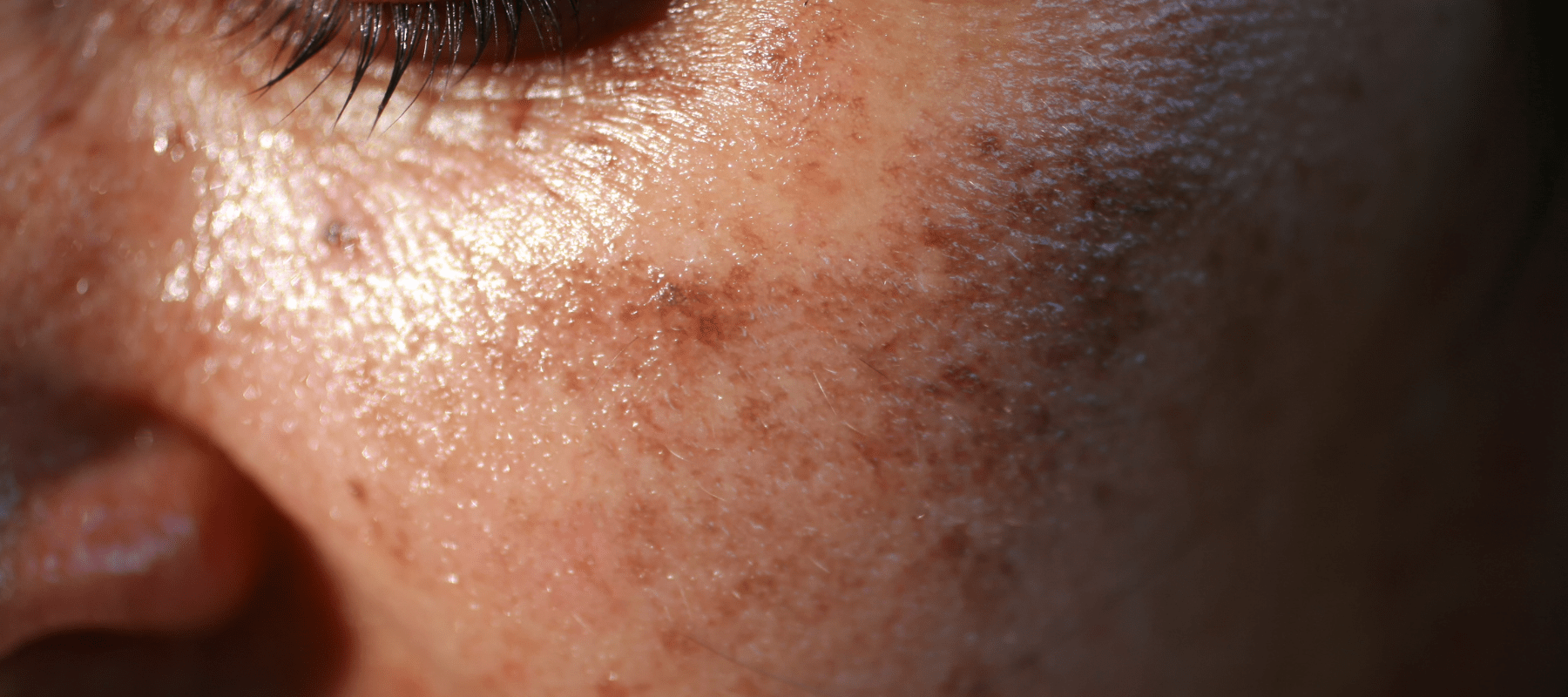
Causes of Pigmentation on Face and How to Prevent Them
Are you noticing dark spots on certain parts of your face? The discoloration can be pretty alarming because it hampers your overall appearance. But the appearance of dark spots or pigmentation on the face is a prevalent skincare issue among many.
These pigmentation problems may be assigned to various determinants, varying from extrinsic material influences to internal hormonal fluctuations. This article will explore the causes of pigmentation on face and examine effective steps to prevent their development.
Definition of Pigmentation and Hyperpigmentation
Pigmentation is the natural colour of our skin which is determined by melanin. Hyperpigmentation is when there's too much melanin, causing dark spots and an uneven skin tone.
Why Pigmentation Occurs on the Face
For people wondering ‘what causes pigmentation on face’, it is important to remember that the face is specifically susceptible to pigmentation issues due to its continual exposure to various outside elements. Additionally, certain determinants can trigger the inundation of melanin, leading to hyperpigmentation. Some prevailing rationales for why pigmentation occurs on the face include:
Sun Exposure
Prolonged exposure to the sun's harmful UV rays is a primary cause of facial pigmentation. The sunlight stimulates melanin production as a defensive response to protect the skin from UV damage. However, excessive sunlight exposure can bring about an uneven allocation of melanin, culminating in dark spots or sunspots on the face.
Genetics
Genetics significantly impacts an individual's susceptibility to pigmentation issues. Understanding this genetic influence helps individuals take proactive measures to safeguard their skin and manage pigmentation effectively. Environmental factors, lifestyle choices, and hormonal changes also play roles in these conditions, making a comprehensive approach vital in addressing pigmentation concerns.
Causes of Pigmentation on the Face
The various causes include:
UV Rays from the Sun
As mentioned earlier, sun exposure is critical to facial pigmentation problems. To avoid sun-caused pigmentation, it is crucial to embrace sun-safe exercises, such as wearing sunblock with a broad-spectrum SPF of at least 30, seeking shade during peak daytime hours, and wearing shielding attire and hats. Moreover, you should reapply sunscreen after every 2 to 3 hours.
Family History
Although genetics cannot be altered, being aware of the family history of pigmentation issues can prompt individuals to take preventive measures. Regular sun protection and maintaining a healthy skincare routine are key factors in minimizing the impact of genetic predispositions.
Hormones
While hormonal changes during pregnancy or menopause may be unavoidable, minimizing their impact on facial pigmentation is possible. Consulting a dermatologist and using topical treatments can help manage melasma. Furthermore, safeguarding the skin from the sun is vital since hormonal changes can heighten its sensitivity to UV radiation, leading to potential damage.
Dermatological Conditions
It is crucial to address inflammatory skin conditions promptly to prevent post-inflammatory hyperpigmentation. Consultation with a dermatologist and following their prescribed treatments can help prevent the dark spots that may arise from such conditions. Avoid picking or squeezing acne or other skin lesions to prevent further inflammation and potential pigmentation issues.
Impact of Lifestyle Choices
Apart from the cited causes, certain lifestyle preferences can infuriate external pigmentation issues. To a degree, smoking has been connected to raised skin damage and premature aging, which can worsen the appearance of pigmented spots on the face. Unhealthy dietary tendencies lacking essential foods and antioxidants can negatively impact skin well-being, making it more prone to pigmentation troubles.
Skincare Products and Ingredients
The beauty and skincare industry offers a wide range of commodities that address pigmentation issues. For instance, you can use the Dark Spot & Hyperpigmentation Correcting Power Serum. It boasts a combination of 8 active ingredients to enhance brightness and reduce the issue of discoloration. A few other skincare products that can help you tackle the issue of pigmentation influence an acne moisturiser and an AHA BHA mask. While you should use the acne moisturizer every day, an AHA BHA mask can be used twice a week.
Professional Treatments
For individuals looking for more intensive solutions, there are distinct professional cures available that can aid in reducing external pigmentation. These medications can contain chemical peels, laser cure, microdermabrasion, and cryotherapy. It is essential to consider a certified dermatologist or skin care professional to decide the most appropriate cure option based on the skin type and pigmentation intensity.
Psychological Impact
Facial pigmentation can have a substantial psychological influence on affected individuals. Some people may encounter reduced morale and spirit due to concerns about their looks. The sentimental toll of hyperpigmentation should not be underrated, and seeking help from loved ones or professional advisers can be useful in enduring the issues mentioned above.
Also read: Reason for Pigmentation on Face - What Causes Skin to Darken?
Conclusion
Facial pigmentation, especially hyperpigmentation, can arise from sun exposure, hormonal changes, genetics and skin injury. Although it is a prevalent concern, individuals can take proactive steps to effectively prevent and manage pigmentation problems. Embracing sun-safe habits, maintaining a healthy lifestyle, and seeking professional guidance is essential in achieving a more even skin tone and improved skin health.
FAQs:
1. What causes skin pigmentation?
Sun exposure, genetics, hormones, inflammation, and skin injury are common factors.
2. Can pigmentation be prevented?
Yes, using sun protection, skincare, and healthy lifestyle choices can help prevent pigmentation.
3. Are certain skin tones more susceptible?
Darker skin tones may have higher melanin synthesis and be more prone to hyperpigmentation.
4. What skincare ingredients help reduce pigmentation?
Hydroquinone, AHAs, kojic acid, and niacinamide can aid in reducing hyperpigmentation.
5. What professional treatments are available?
Chemical peels, laser therapy, microdermabrasion, and cryotherapy are effective professional options.






















































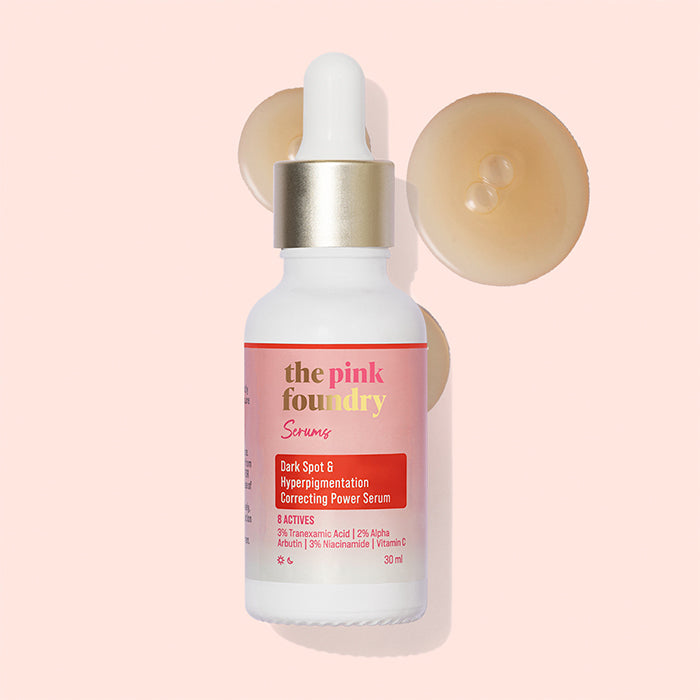

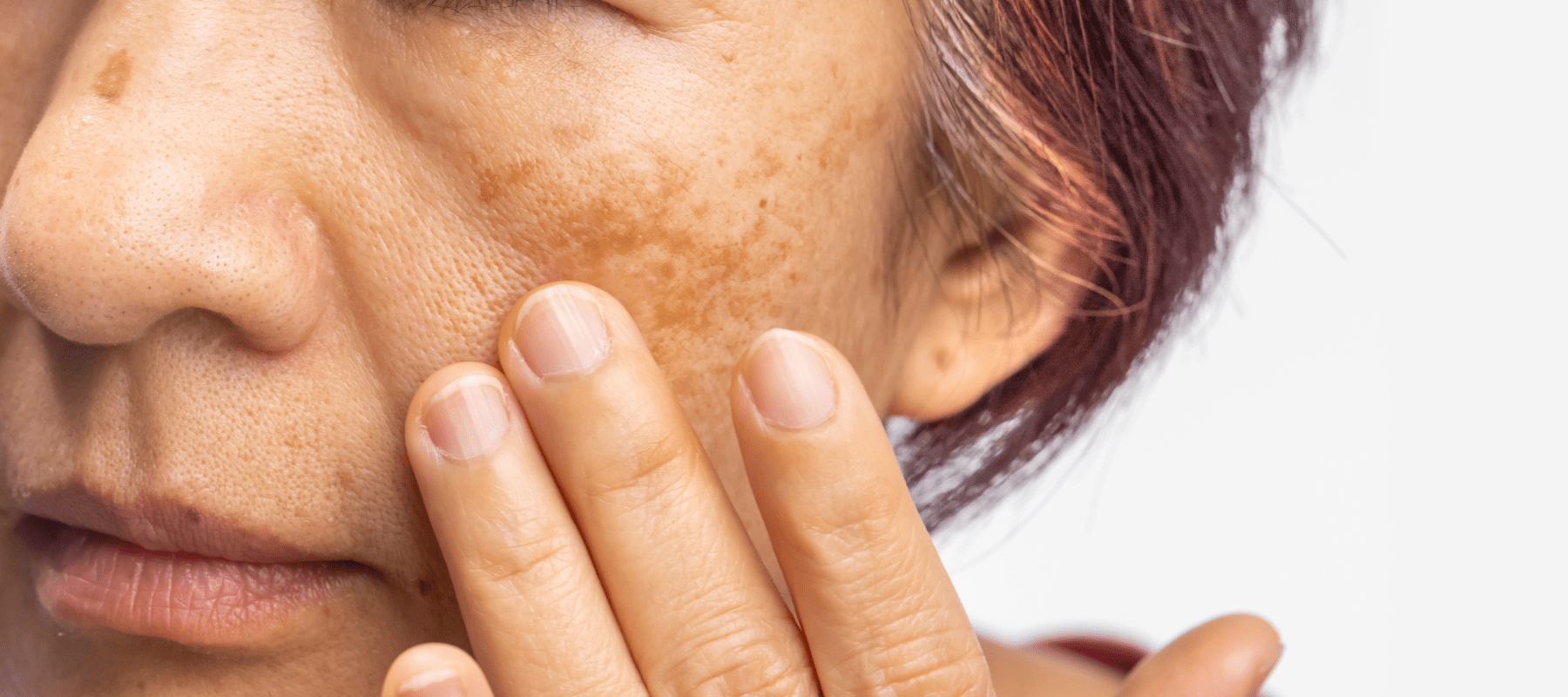
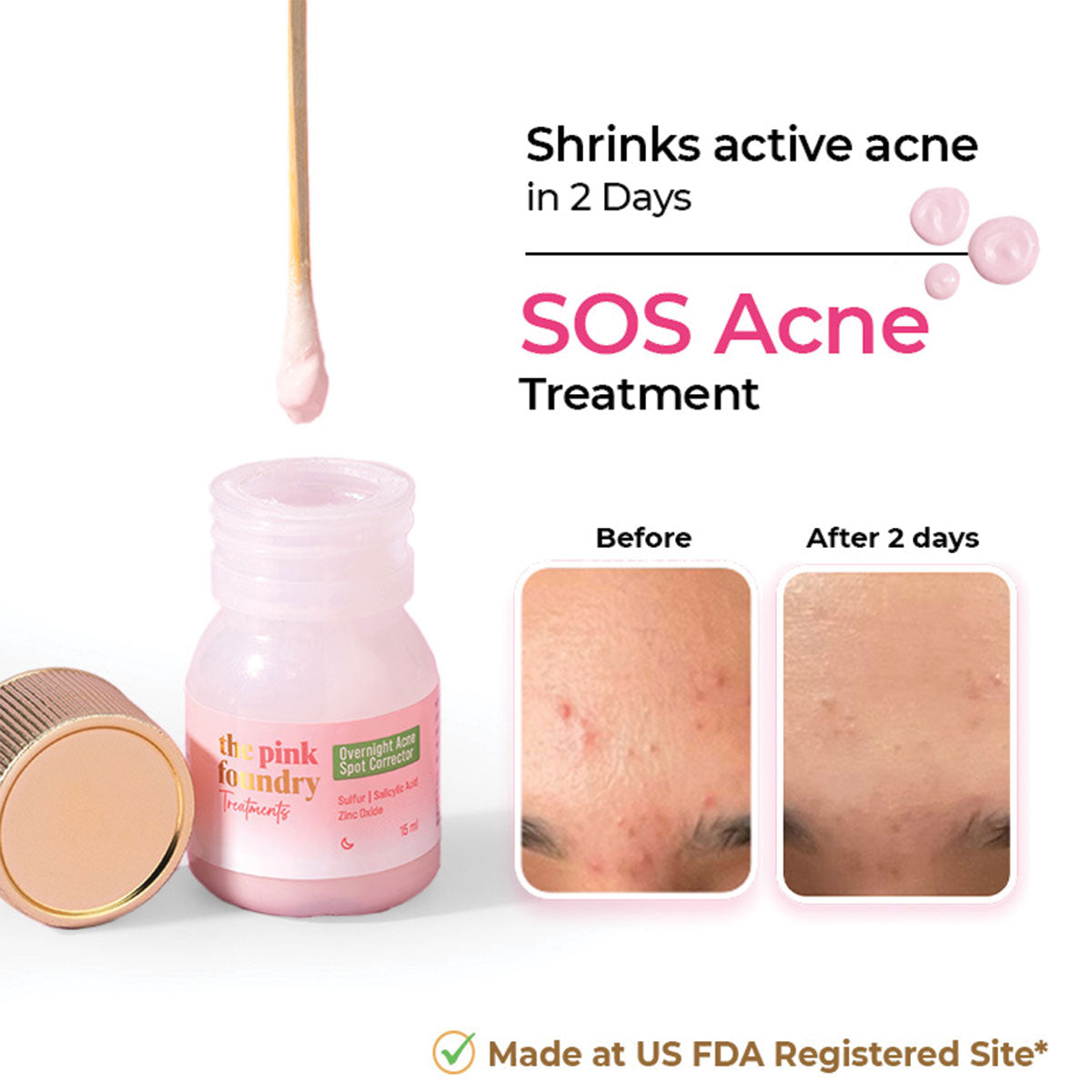
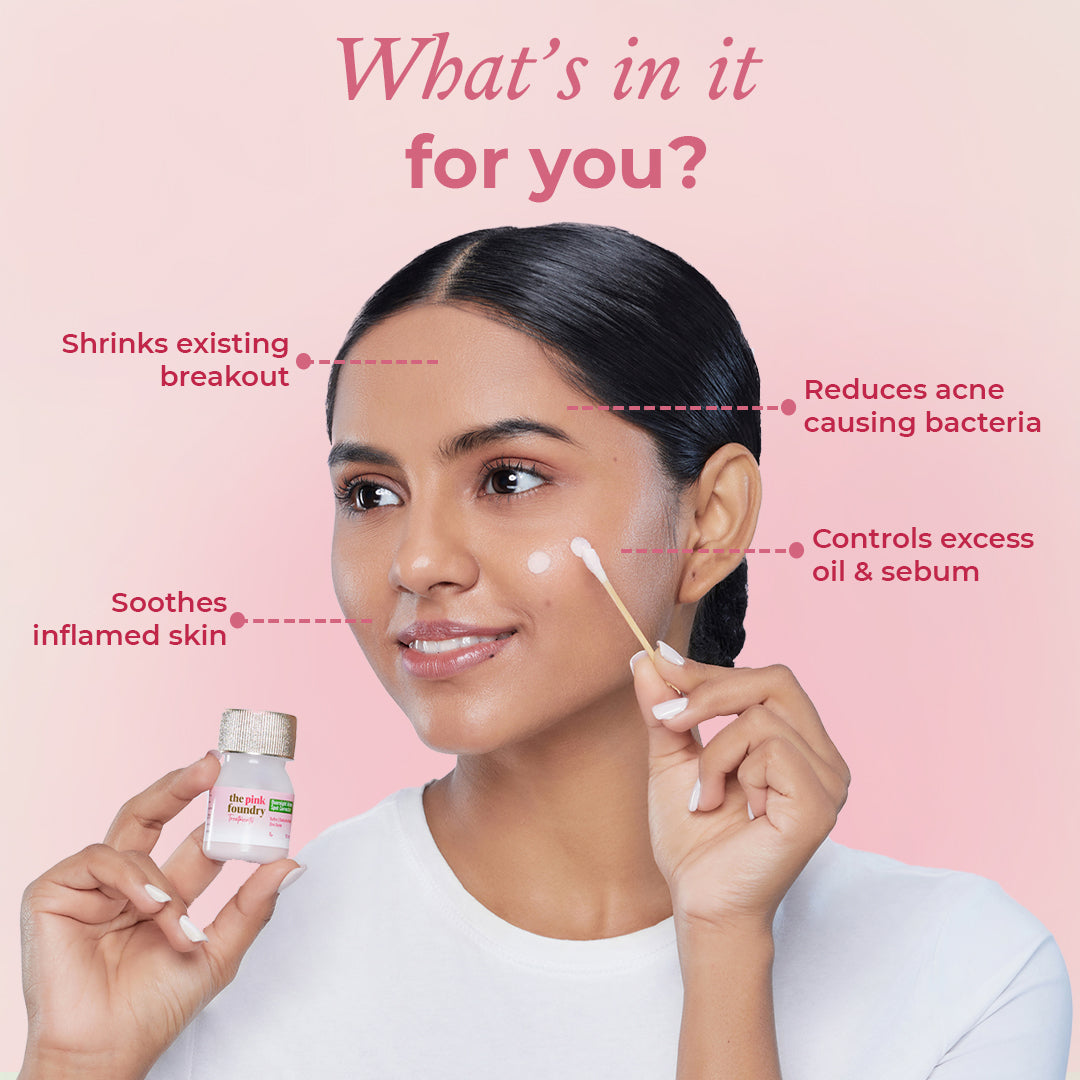


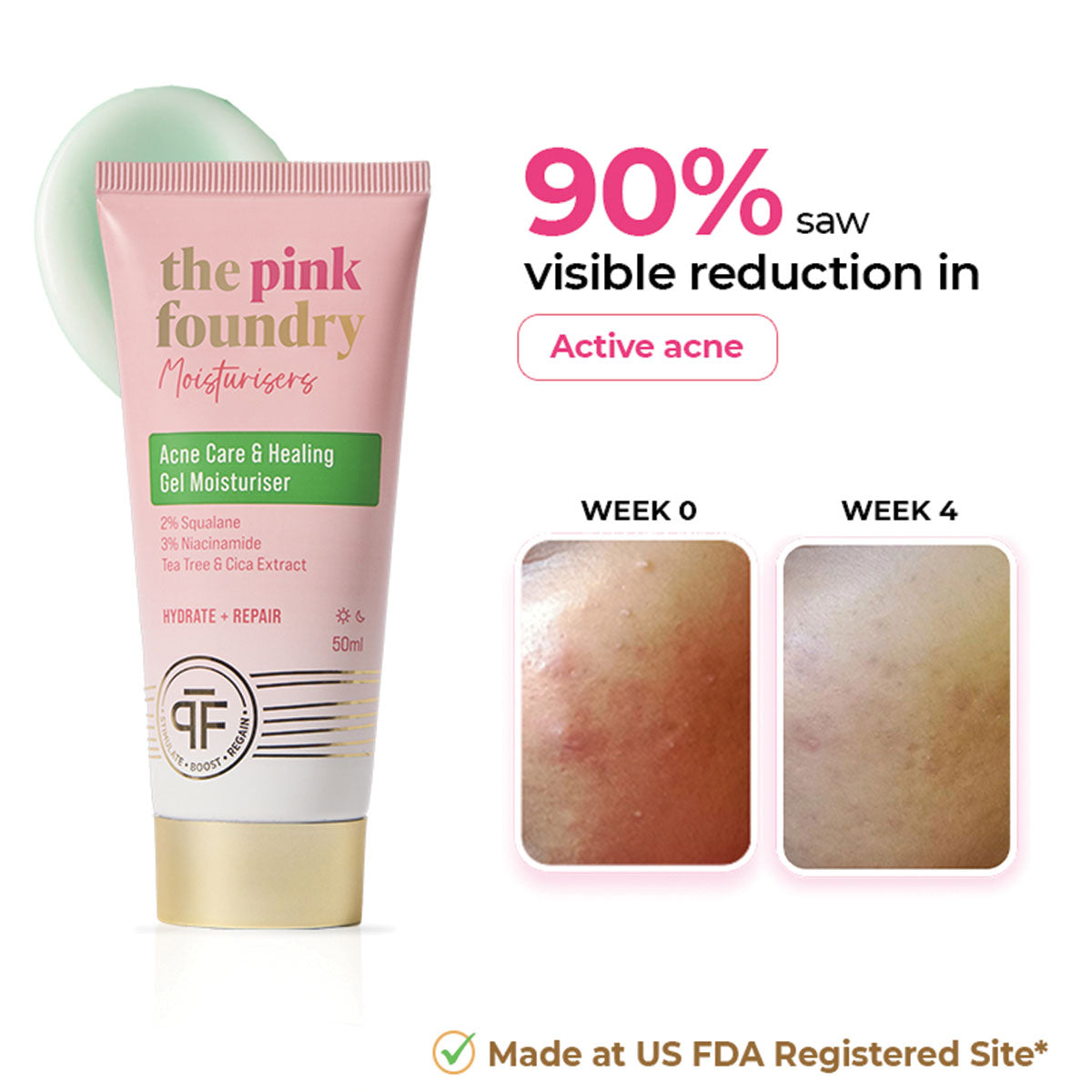
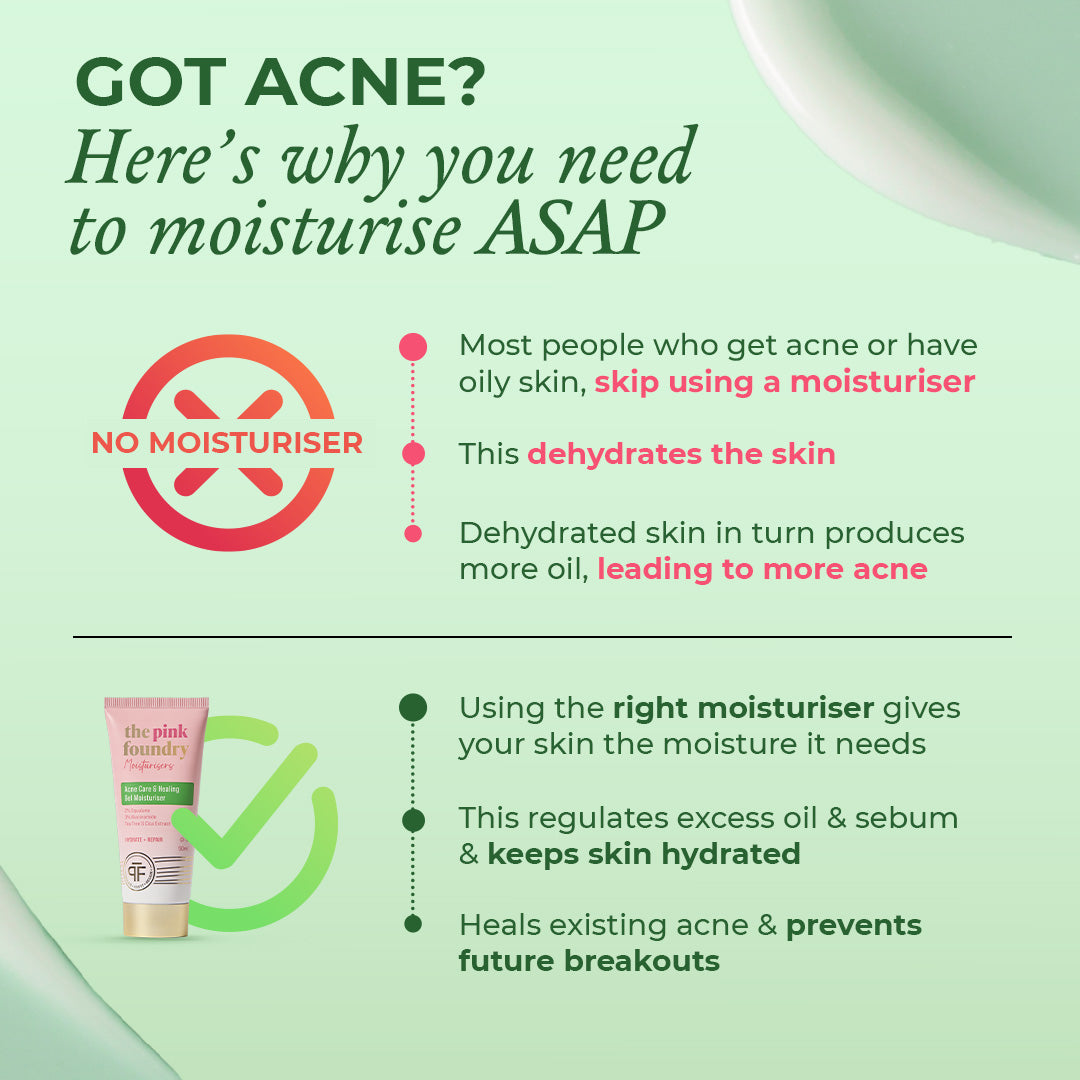




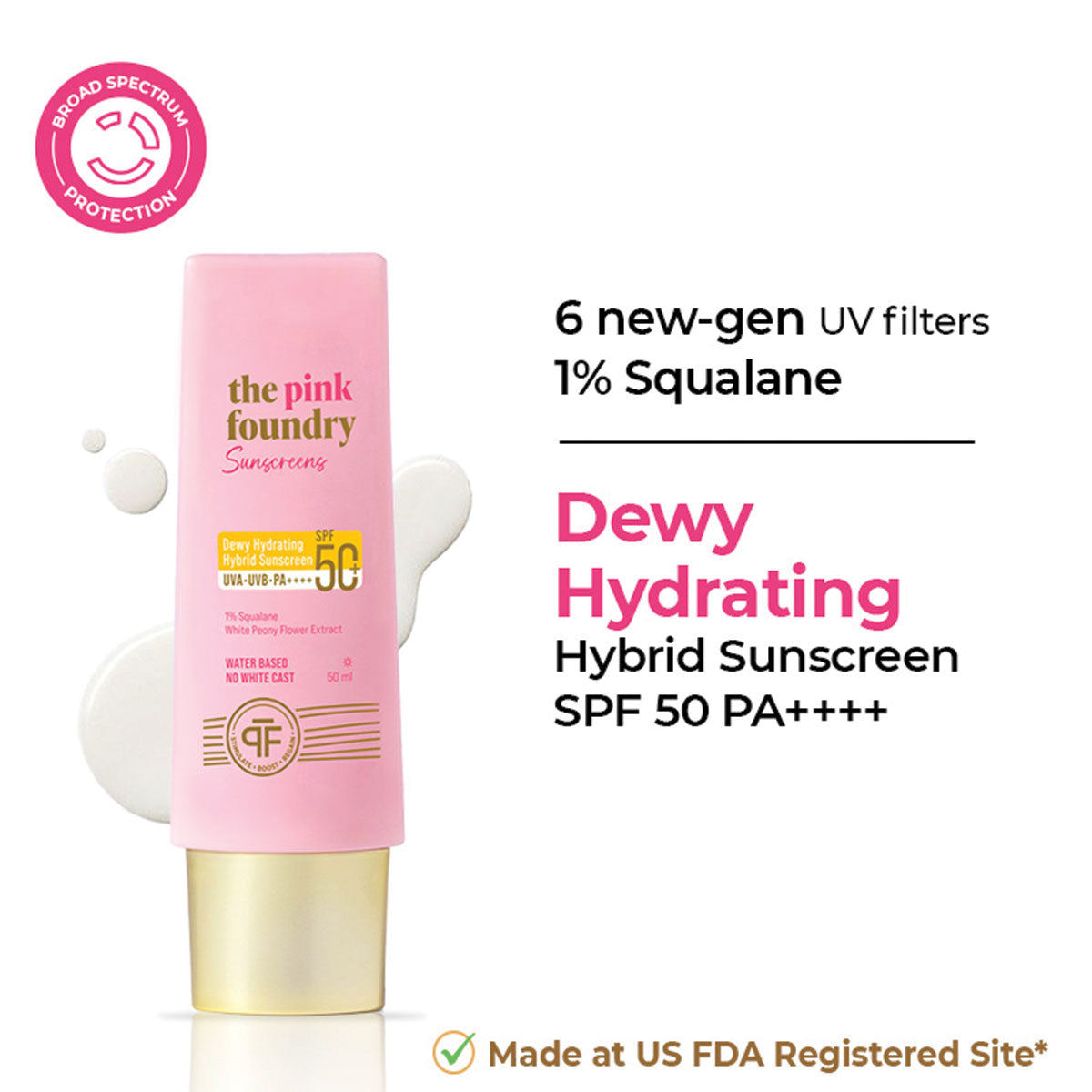
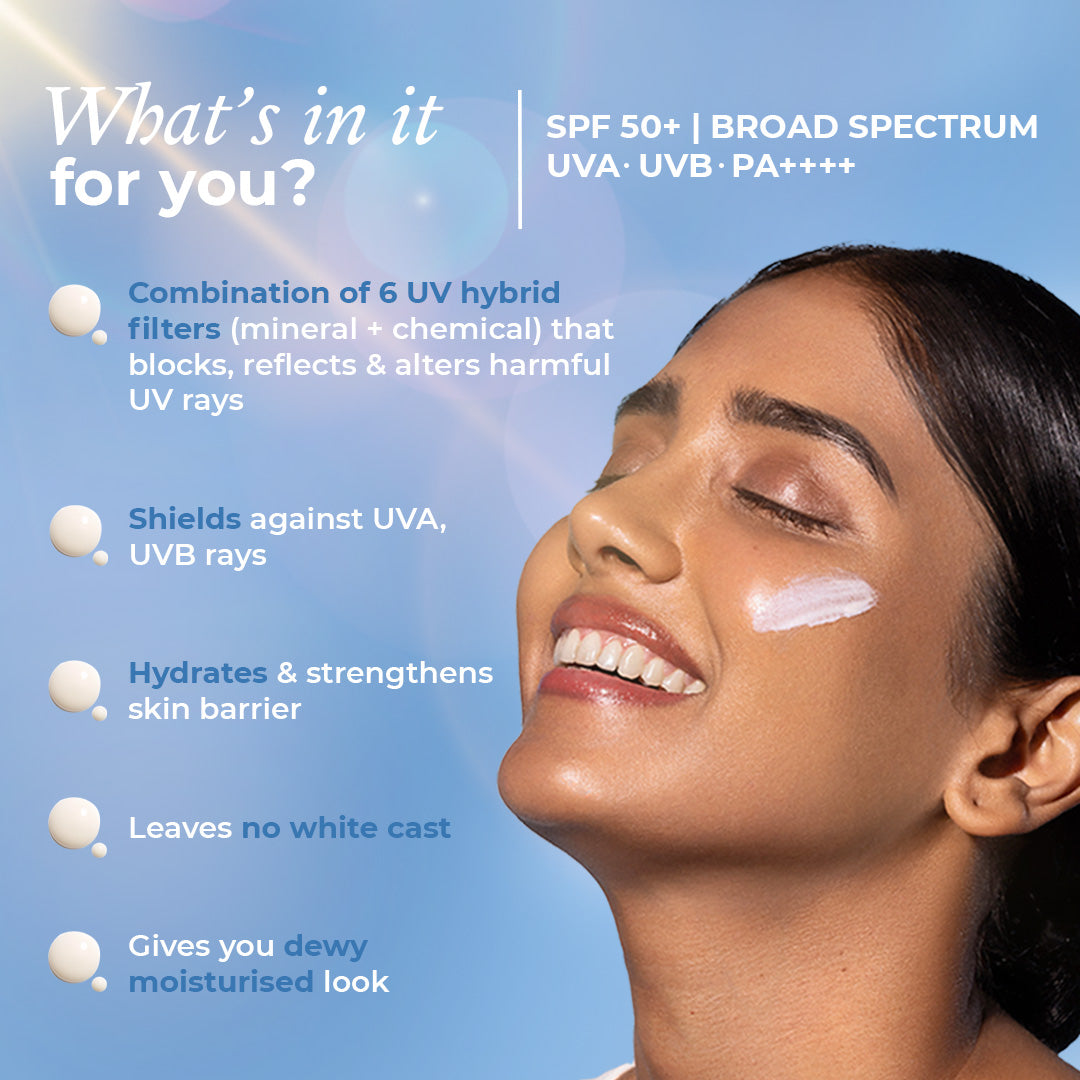
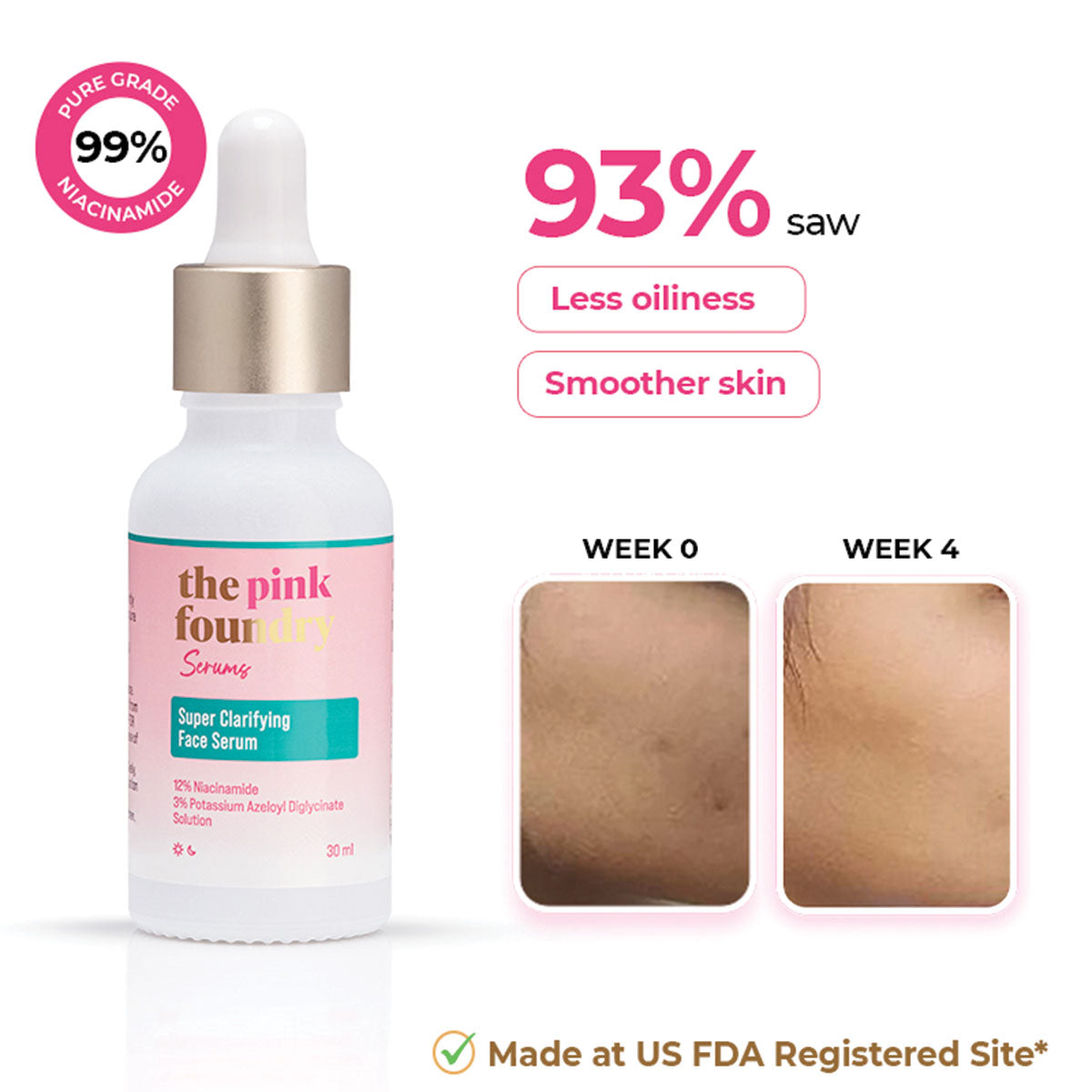
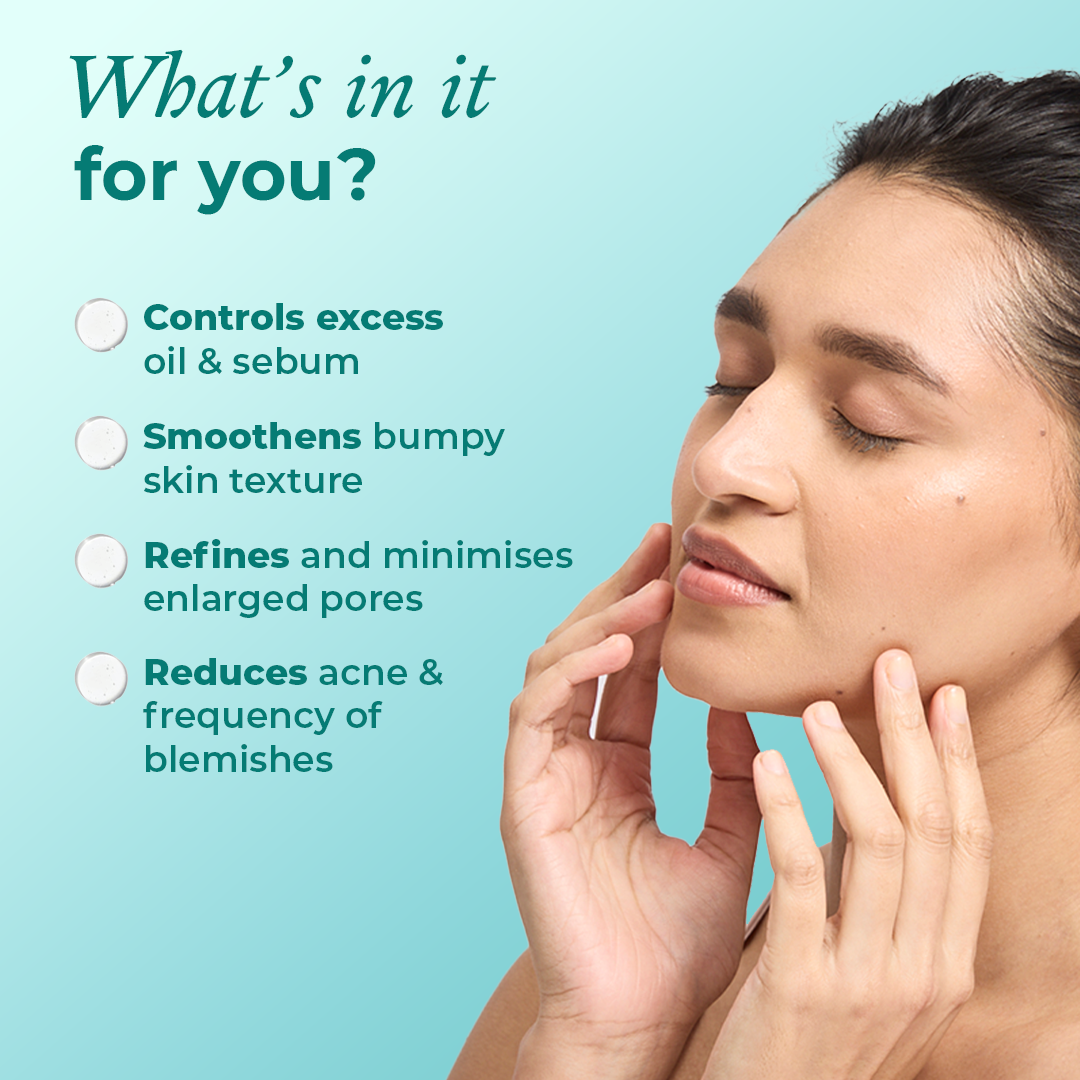
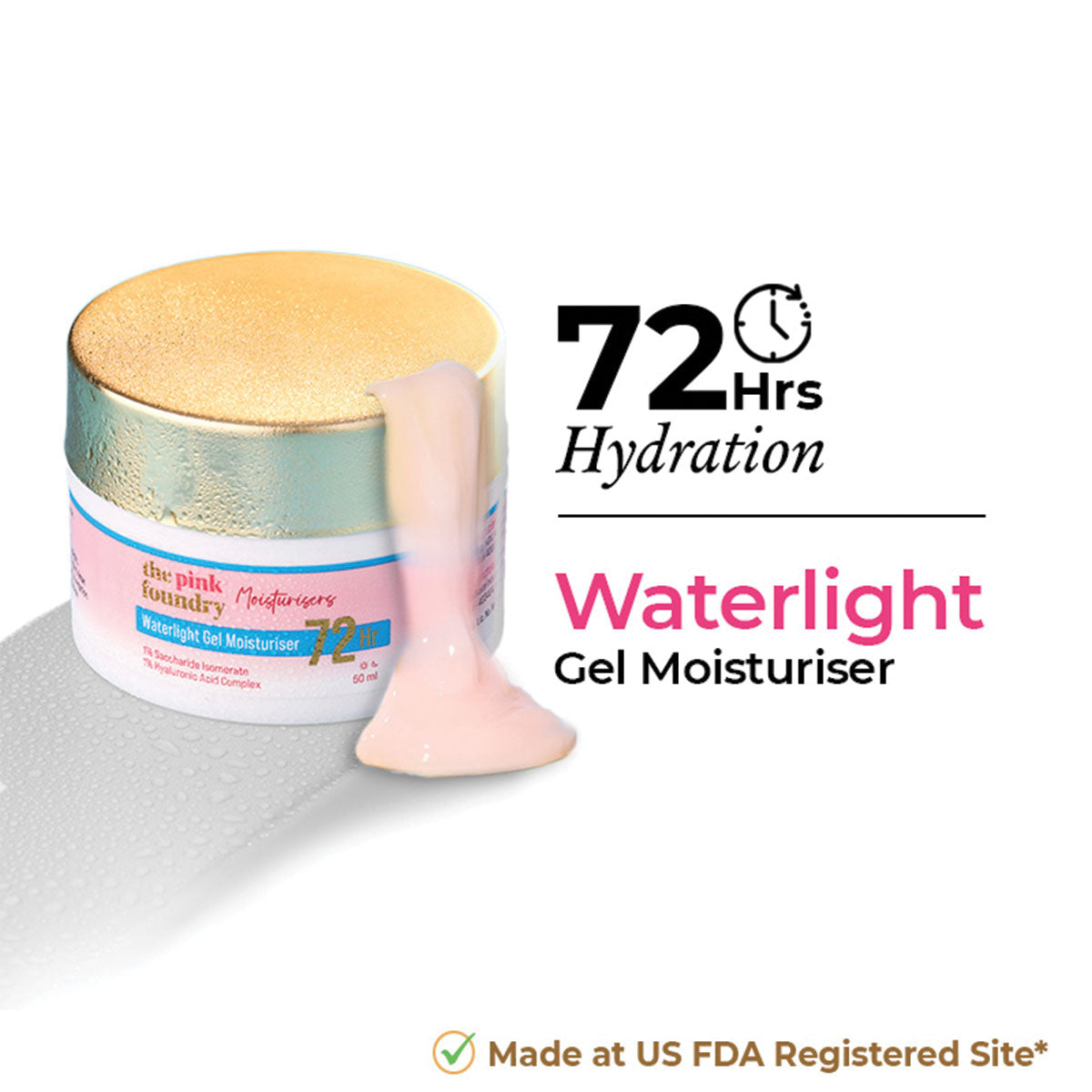
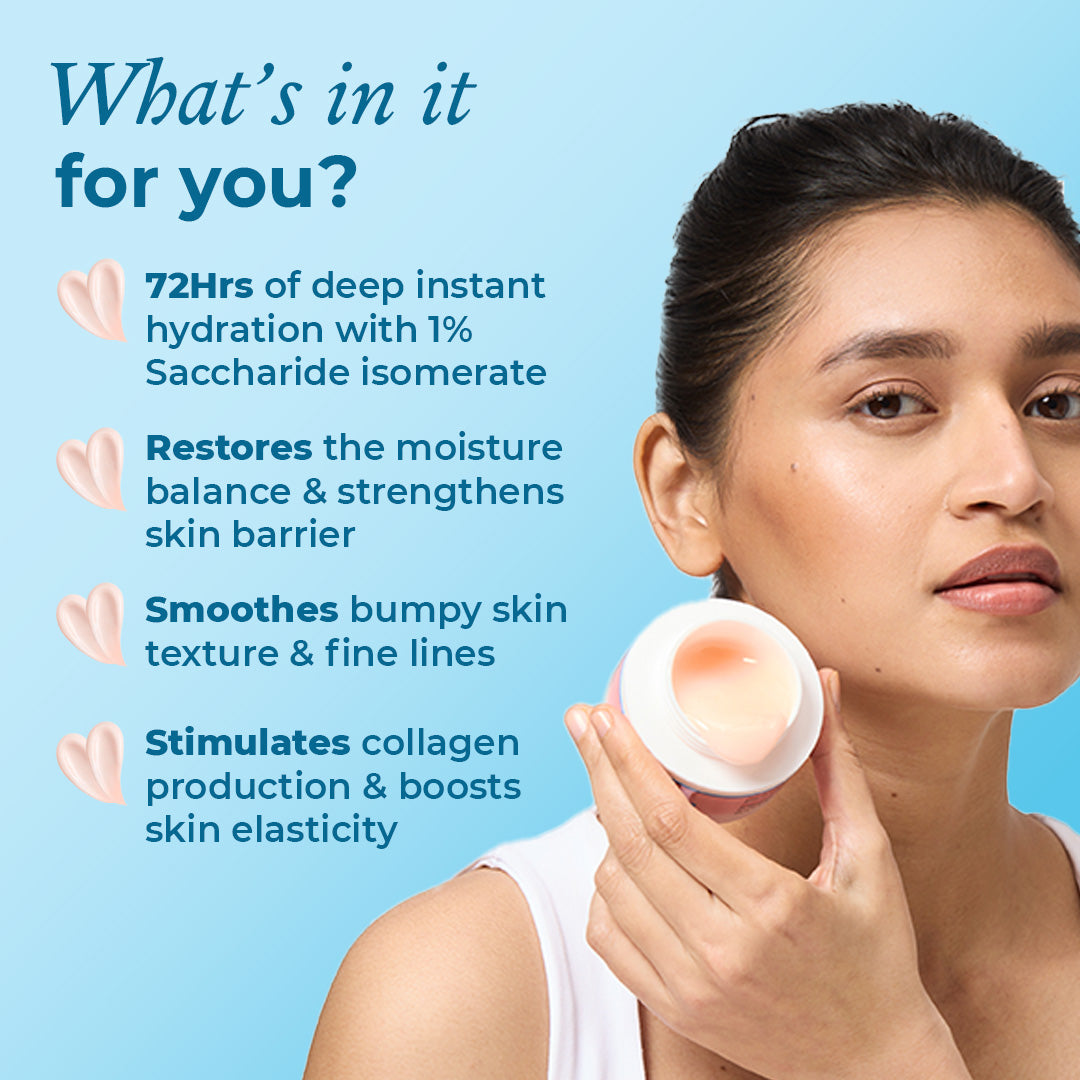




Leave a comment
This site is protected by hCaptcha and the hCaptcha Privacy Policy and Terms of Service apply.